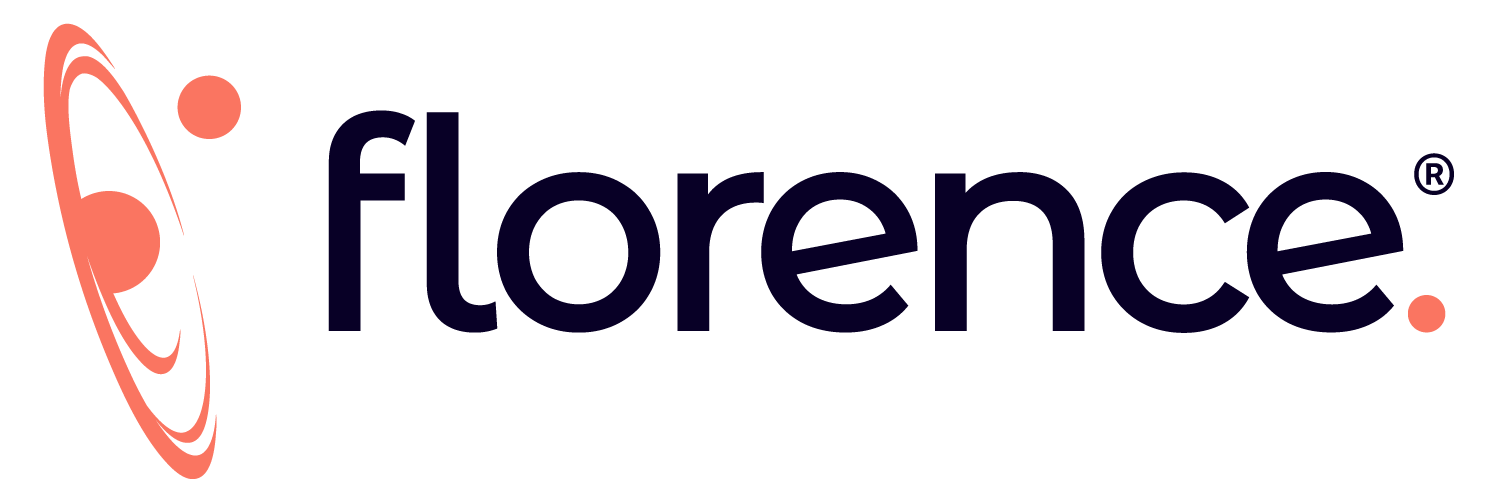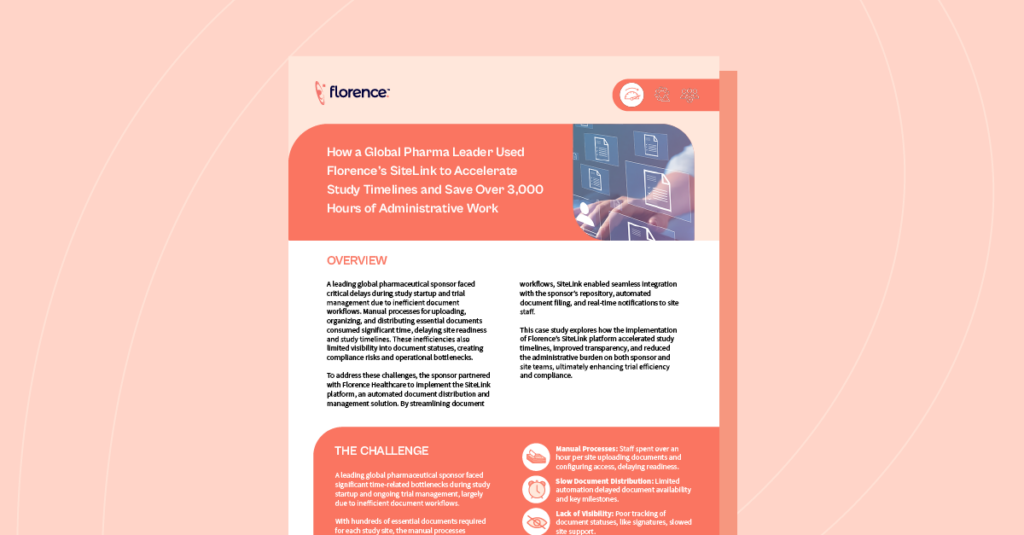The long-anticipated finalization of the ICH Good Clinical Practice (GCP) E6 R3 was achieved on January 6, 2025, marking a milestone in global clinical research. The principles and Annex 1 of ICH E6(R3) have reached Step 4 and are transitioning into Step 5, with formal adoption by ICH member regulatory authorities underway. This updated guideline applies to interventional clinical trials of investigational products intended for global regulatory submissions.
While ICH E6(R3) retains much of the foundational guidance from its predecessor, E6(R2), it significantly expands its scope to accommodate the evolving landscape of clinical trial designs and innovative technologies. It also builds on key concepts from ICH E8(R1) General Considerations for Clinical Studies. These revisions introduce new expectations for sponsors to guide their sites effectively. Below, we explore key updates and how sponsors can support their sites in aligning with these changes.
Key Updates in ICH E6(R3) for Sponsors and Sites
Supporting Site Compliance with Computerized Systems
The use of computerized systems in clinical trials is a critical focus in ICH E6(R3). Sponsors should:
- Maintain records of all computerized systems used in the trial, detailing:
- System use, functionality, and interfaces.
- Validation status.
- Assigned responsibilities for system management.
- Provide descriptions of access controls and security measures.
- Keep a record of users authorized to access systems, including their roles and permissions.
- Ensure access permissions granted to site staff align with delegations by the investigator and are visible to the investigator.
Clear communication and training will help sites use these systems effectively and securely.
Data Governance and Integrity
ICH E6(R3) introduces robust data governance requirements to ensure data integrity, traceability, and security. Sponsors should:
- Implement a data lifecycle approach that includes:
- Audit trails.
- Data transfer.
- Record retention and destruction.
- Ensure that computerized systems meet compliance standards for training, security, validation, and user management.
- Proportionately address risks based on the importance of the system and the data it processes.
- Establish processes for sites and service providers to report system bugs or issues.
By providing guidance and resources, sponsors can help sites implement effective data governance practices.
Strengthened Requirements for Agreements
Sponsors must ensure their agreements with investigators, institutions, and service providers include:
- Provisions for the retention of records, as outlined by applicable regulatory requirements.
- Permissions for auditing and monitoring activities.
- Clear specifications for compliance with GCP, trial protocols, and procedures for data recording and reporting.
- Assurance that the trial will be conducted in accordance with GCP.
Reviewing and updating agreements to reflect these requirements will ensure sites are prepared to meet these obligations.
Centralized and Remote Monitoring Guidance
ICH E6(R3) expands on centralized monitoring practices, emphasizing that:
- Monitoring may include remote, secure, direct read-only access to source records, essential record retention systems, and other data acquisition tools.
- Sponsors should specify how access to source records for monitoring and auditing will be managed in the protocol or agreements.
- Trial participants’ consent for direct access to source records must be obtained.
Sponsors must work closely with sites to ensure monitoring plans are clear and access provisions are properly implemented.
Fostering Collaboration with Investigator Sites
ICH E6(R3) emphasizes the importance of collaboration between sponsors and investigator sites. Sponsors can support sites by:
- Assessing Site Systems: During site selection, review the fitness and risks of computerized systems used by the site, and document the risk review.
- Mitigating Risks: Ensure risk mitigation measures are proportionate to the data’s importance, addressing security, user management, and audit trails.
- Providing Transparency: Share details of any service providers tasked with activities under the investigator’s responsibility.
By working closely with sites, sponsors can ensure systems and processes are robust and compliant.
Action Plan for Sponsors
- Update Agreements with Sites: Ensure agreements include all necessary provisions for compliance with ICH E6(R3).
- Support Site Monitoring Plans: Incorporate remote and centralized monitoring strategies and ensure secure access to source records.
- Strengthen Data Governance Practices: Provide resources to help sites manage data lifecycles and meet regulatory expectations.
- Evaluate Site Systems: Collaborate with sites during selection and throughout the trial to address risks related to computerized systems.
- Train Site Staff: Equip site teams with the knowledge and tools needed to align with ICH E6(R3) requirements.
Conclusion
The ICH E6(R3) revisions represent a significant evolution in GCP standards, emphasizing flexibility, innovation, and robust data governance. Sponsors play a critical role in ensuring their sites are prepared to meet these new requirements. By proactively addressing these updates and fostering strong collaboration, sponsors can help their sites navigate the evolving regulatory landscape and ensure the success and integrity of clinical trials.


